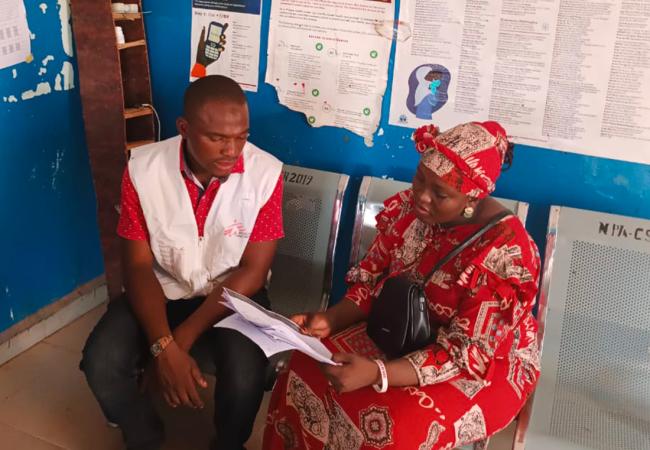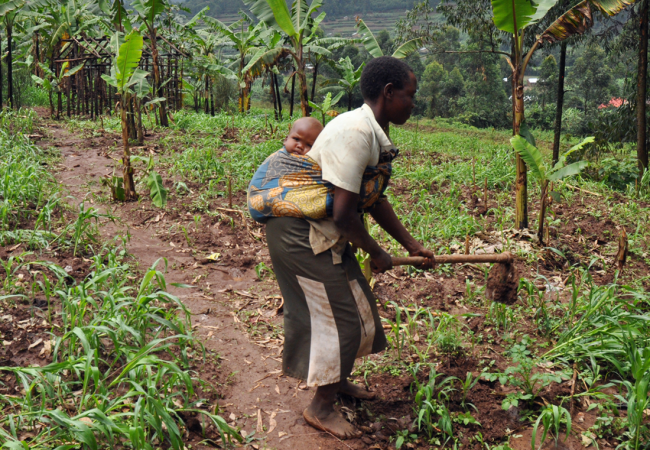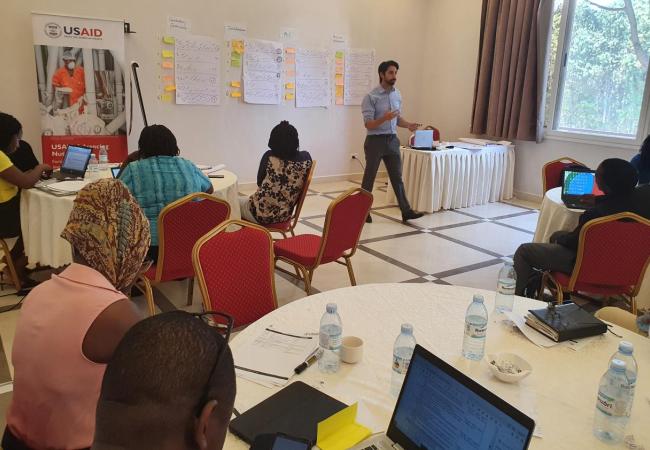By the end of 2021, USAID Advancing Nutrition began fully implementing activities in Uganda. Known as hidden hunger, micronutrient deficiencies (lack of intake, absorption, or use of vitamins or minerals) are widespread among children and women of reproductive age in Uganda. Food fortification is one of the cost-effective high-impact strategies adopted by the government of Uganda to reduce micronutrient deficiencies and combat malnutrition.
USAID Advancing Nutrition worked in Uganda from June 2021 to October 2023 and supported the government in strengthening compliance with food fortification standards, as well as enforcement and monitoring related to the country’s fortified food products—maize flour, wheat flour, and edible oil. Working collaboratively with key stakeholders from the government, including the multi-sectoral National Food Fortification Working Group; civil society; and non-governmental implementing partners, we aimed to—
- increase the capacity of the public sector to enforce food fortification standards and regulations
- increase the capacity of the private sector to comply with food fortification standards
- strengthen partnerships and stakeholder coordination in food fortification to ensure sustainability and promote multi-sectoral collaboration
- promote increased consumption of fortified food by advocating and raising awareness among policy makers and processors, as well as consumers.


